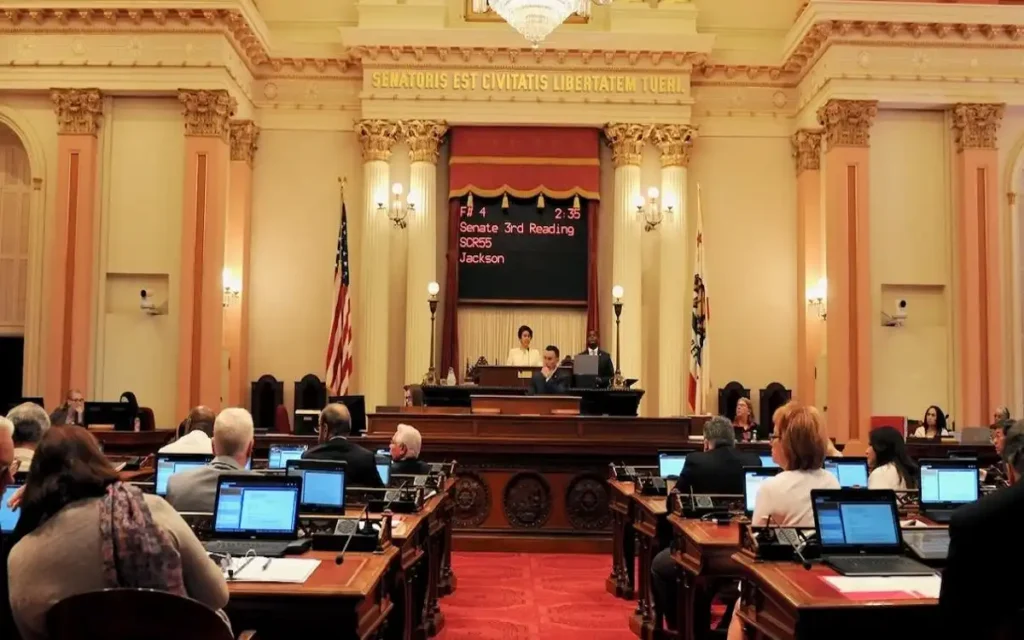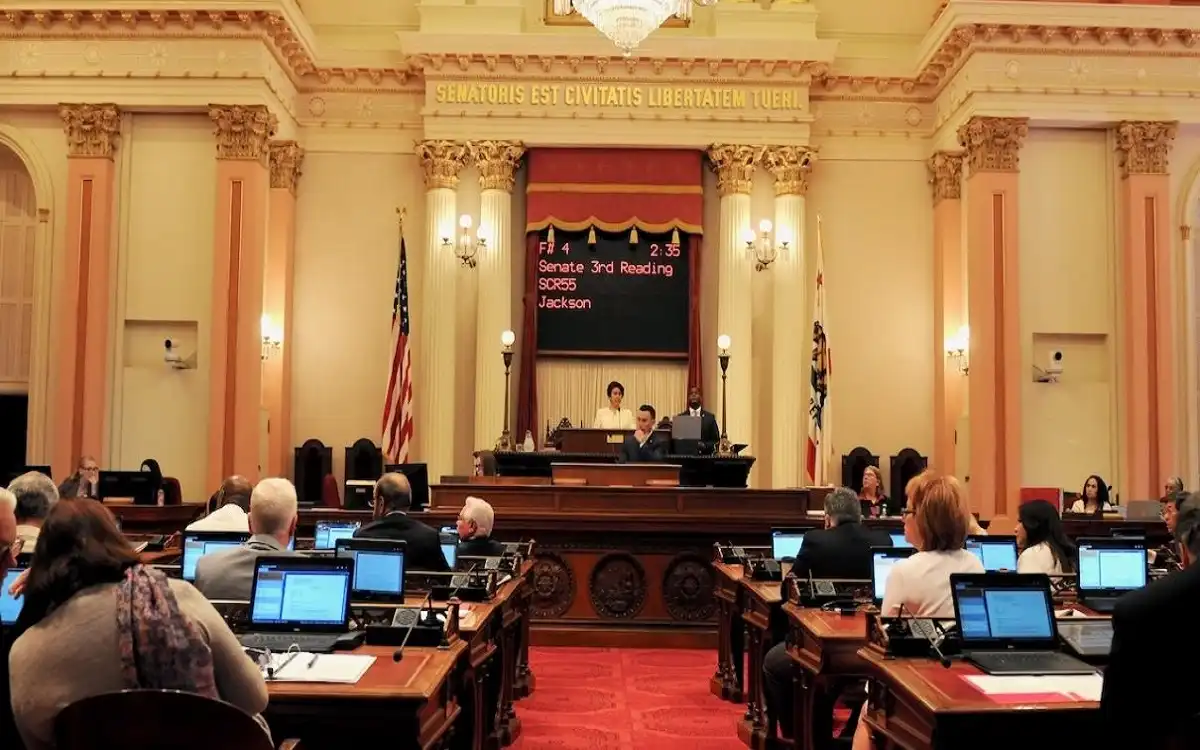|
Getting your Trinity Audio player ready...
|
The upcoming legislative sessions in state capitals across America will see significant changes as numerous veteran state senators announce their departures, creating opportunities for new leadership while raising concerns about the loss of institutional knowledge.
Record Number of Departures
In what political analysts are calling an unprecedented wave of transitions, state legislatures are witnessing a notable surge in retirement announcements from long-serving senators.
According to the National Conference of State Legislatures (NCSL), the turnover rate in state senates has reached its highest level in over a decade, with more than 15% of seats expected to see new faces in 2025.
What we’re seeing is a generational shift in state leadership,
says Dr. Margaret Chen, political science professor at Georgetown University.
These departures will fundamentally alter the political dynamics in several state capitols.
Key Departures Across Party Lines

Democratic Chambers
In Democrat-controlled chambers, several influential committee chairs have announced their retirement. Notable departures include:
- Senator Maria Rodriguez (CA), Chair of the State Finance Committee, ending her 18-year tenure
- Senator James Wilson (NY), veteran Education Committee leader
- Senator Rebecca Chen (IL), prominent healthcare policy architect
After serving my constituents for nearly two decades, it’s time to pass the torch to the next generation of leaders,
stated Rodriguez in her retirement announcement.
Republican-Majority States
Republican-held chambers are experiencing similar transitions:
- Senator Robert Thompson (TX), Transportation Committee Chairman
- Senator William Hayes (FL), Majority Whip
- Senator Patricia Miller (OH), Budget Committee Chair
Impact on Legislative Priorities
The departures are expected to have significant implications for:
- Budget Negotiations: Loss of experienced fiscal policy makers
- Infrastructure Projects: Ongoing initiatives may face new scrutiny
- Education Reform: Potential shift in policy directions
- Healthcare Legislation: New perspectives on state healthcare systems
Institutional Memory Concerns
Policy experts express worry about the loss of institutional knowledge. Dr. Thomas Bradford of the State Policy Institute notes,
These departures represent hundreds of combined years of legislative experience. That’s not easily replaced.
Demographics of Incoming Candidates
The candidate pool for these opening seats shows interesting demographic shifts:
- 48% women candidates
- 35% under age 45
- 42% first-time office seekers
Looking Ahead
The transition presents both challenges and opportunities. Political consultant Sarah Martinez observes,
While we’re losing experienced legislators, we’re gaining fresh perspectives and diverse voices that better reflect today’s constituencies.
State party leaders are actively recruiting candidates, with special attention to:
- Technical expertise in emerging fields
- Private sector experience
- Community leadership background
Preparing for Transition
State legislative staff are developing enhanced orientation programs for incoming senators, focusing on:
- Legislative procedures
- Budget processes
- Committee operations
- Constituent services
Our goal is to ensure continuity of effective governance despite the significant turnover,
explains Legislative Services Director Michael Peterson.
These changes come at a crucial time as states face evolving challenges in:
- Economic development
- Climate policy
- Education funding
- Healthcare access
The impact of these departures will likely be felt well into the latter half of the decade, reshaping state-level political dynamics and policy priorities across the nation.
For More News Update Visit California News



